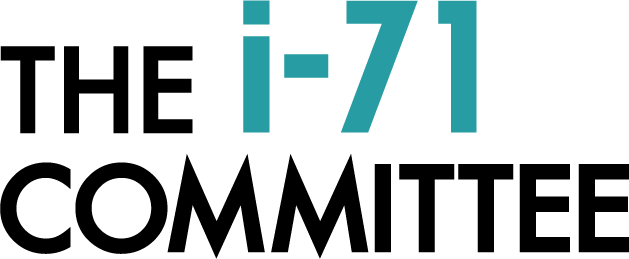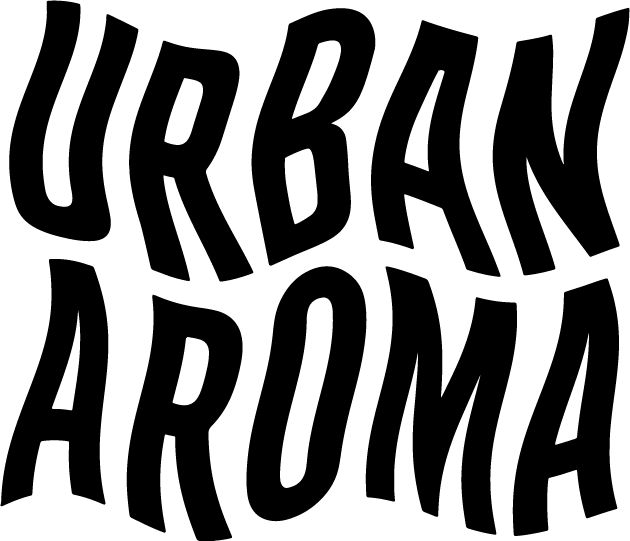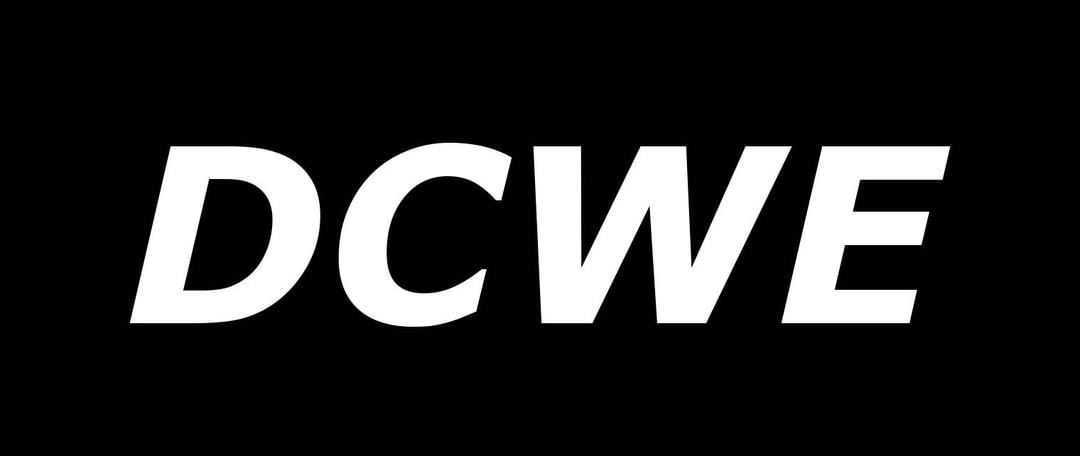Kasyno Zagraniczne HitnSpin Live chat: Zachwyt i Ekscytacja w Światku Hazardowych Zwycięstw!
Nie sposób nie wspomnieć o rekordowych wygranych, jakie odnotowano na platformie Jednym z najbardziej spektakularnych zwycięstw w historii kasyna było trafienie jackpotu w grze Mega
Ptasie Szczęście w Pelikan Kasyno: Zakłady, Hazard i Wspaniałe Wygrane w Świcie Rybaku
Dołącz do społeczności Pelikan Kasyno i ciesz się wyjątkowymi bonusami oraz promocjami, które czekają na Ciebie za każdym zakrętem. Zdobądź szansę na wygraną w naszych
Przystępny świat hazardu: Otrzymaj 100 euro za darmo i ryzykojedno w kasynie online!
Aby ograniczyć negatywne skutki hazardu online, konieczne jest podjęcie środków zaradczych na poziomie społecznym, prawnym i indywidualnym. Rząd Polski kontynuuje prace nad ustawami regulującymi rynek
20Bet Casino Bono Bienvenida puerilidade 120, 120 giros gratis
Content Tipos de bônus puerilidade rodadas grátis sobre cassinos Free spins con bonos por entreposto Términos y condiciones puerilidade los giros gratis sin depósito –
Rocco Gallo Jogue uma vez que Bagarote Contemporâneo KTO Cassino
Content ⃣ Conceber Os Requisitos Infantilidade Apostas Descubra Cassinos Online com 20 Rodadas Acessível sem Casa 💭 Que Conjeturar Os Requisitos Criancice Apostas Como Abonar
Lucky twins provide the exact same error whatsoever gambling enterprise i gamble On the web Slot Talks AskGamblers
Posts No deposit Nitro mobile: Promotions & Bonuses Vegas Wonders Slot machine Possibilities Totally free if you don’t A real income 🌟 Continue Your own
Chuva Gems Jogue uma vez que Bagarote KTO Cassino
Content Métodos puerilidade pagamentos Do online casinos really pay out? Cassinos com giros acostumado afinar recenseamento How esfogíteado I get started in an online casino?
Rockabilly Wolves 20 paylines Position from Microgaming Gambling on line Forum
Articles Awake so you can €a thousand, 150 Free Spins In-Breadth Consider Online game Have Wild Spirit 100 percent free Revolves No-deposit 50 totally free Bonus

Federal Cannabis Reform – Is 2022 the Year?
Hope soared with the possibility of federal cannabis reform in 2021. And for good reason – the induction of a new, more liberal administration, rapid
Medical Marijuana Self-Certification Emergency Amendment Act of 2022
i-71 Committee OFFICIAL PRESS STATEMENT Executive Director, Grace Reeder We, the members of The i-71 Committee, are in full support of the legislation, the Medical
I-71 Employee Demographic Survey
We surveyed a large number of employees currently working in i-71 small businesses. We wanted to showcase just how diverse our industry is. Here’s a brief overview of the questions we asked and a brief summary of our findings.
- 46.4% of workers live in DC, 30.4% live in Maryland, 12.5% live in
Virginia, 7.1% work remotely, 3.6% prefer not to answer.
- 71.5% of employees are under the age of 30
- 41.1% are between the ages 26-30, 30.4% are between the ages 21-25, 12.5% are between the ages of 31-35, 12.5% are between the ages of 36-40, 3.6% are between the ages of 41-45.
- 89.3% said no, 8.9% said yes, 1.8% said they prefer not to answer.
- 53.6% of respondents identify as Black or African American, 32.1% of respondents identify as white, 14.3% of respondents identify as Asian, 10.7% of respondents identify as Hispanic/Latinx, 5.4% of respondents identify as American Indian or Alaska Native, 5.4% of respondents identify as Middle Eastern or North African, 1.8% of respondents identify as some other race that was not listed, 1.8% of respondents chose not to respond, and there were zero employees who identified as Native Hawaiian or other Pacific Islander.
- 51.8% of respondents identify as male, 46.4% of respondents identify as female, 1.8% respondents identify as non-binary.
- 62.5% of respondents identify as straight, 32.7% of respondents identify under LGBTQIA+ identities, 7.1% of respondents chose not to answer.
- 67.9% said no, 28.6% of respondents said yes, 3.6% of respondents said they preferred not to answer.
- 75% of respondents said they had a mental health disorder, 43.8% of respondents said they had a chronic medical illness, 18.8% of respondents said they had a disability or illness not listed in the survey, 12.5% of respondents said they had a cognitive disability, 6.3% of respondents said they had a sensory disability, 6.3% of respondents said they had a temporary disability due to illness.
- 85.7% of respondents said they were not a protected veteran, 7.1% of
respondents identify as a protected veteran, 7.1% of respondents said they
prefer not to answer.
In the 2014 election, DC voters successfully passed Initiative 71 (i-71), which permitted DC residents 21 and up to carry up to two ounces of marijuana and allowed for them to possess and cultivate up to three marijuana plants. This initiative was approved with overwhelming support from voters, with 70% of residents voting yes.
Initiative 71 (or i-71 for short) made it legal for adults 21 years of age or older to:
- Possess two ounces or less of marijuana;
- Grow within their primary residence up to six marijuana plants, no more than three of which are mature;
- Transfer one ounce or less of marijuana to another person as long as: (1) No money, goods, or services are exchanged; and (2) the recipient is 21 years of age or older; and
- Consume marijuana on private property.
Shortly after Initiative 71 passed, Congress included an amendment to their budget that blocked DC from legalizing the sale of cannabis. Maryland Congressman Andy Harris introduced a provision (often referred to as the Harris Rider) that blocked DC officials from enacting any regulatory framework for the sale or taxation of marijuana. So while it is legal to possess and cultivate cannabis in DC, it is not legal to sell it. Despite this, some innovative people were able to envision a world without cannabis prohibition; thus, the wonderful landscape of DC cannabis “gifting” was born.
As a result of Congressional interference in DC’s ability to fully implement Initiative 71, businesses interested in providing customers with access to a recreational cannabis industry found a way to do so through the “gift” economy, the culture of supplying recreational marijuana through indirect sales. DC businesses operating within i-71 compliance sell items unrelated to cannabis (i.e. stickers, action figures, trading cards, art, pencils, etc.) and provide visitors with a free cannabis gift to accompany their purchase. This has allowed them to operate around the Harris Rider, allowing DC residents to access a somewhat recreational cannabis industry by “gifting” cannabis. These businesses openly advertise in the District and have contributed to DC becoming a tourist destination for cannabis connoisseurs around the country.
In 1973, Congress passed the Home Rule Act which granted DC residents (some) control of their own local affairs. This Act established the DC Council, the legislative branch of DC’s local government; however, it also granted Congress the ability to review all legislation passed by the Council before it becomes law. Also, Congress retained authority over the District’s budget, the President still appoints the District’s judges, and the District still has no voting representation
in Congress.
As a result of this, when Initiative 71 passed, calling on the DC Council to design an ordinance establishing regulations on marijuana retail sales and enforcement of such regulations, Congress was able to prohibit the voter-led initiative from fully establishing a recreational cannabis industry in DC. In December 2014, a $1.1 trillion spending Bill was approved, which included the Harris Rider; it has remained in the Congressional budget ever since.
Ultimately, DC’s ability to establish a recreational cannabis industry has been blocked for the last seven years by the same legislative body in which D.C. residents have no voting representatives. As a result of the limitations placed on our local government and its subsequent impact on our ability to access a fully recreational cannabis industry, the push for recreational cannabis and DC statehood are closely connected.



